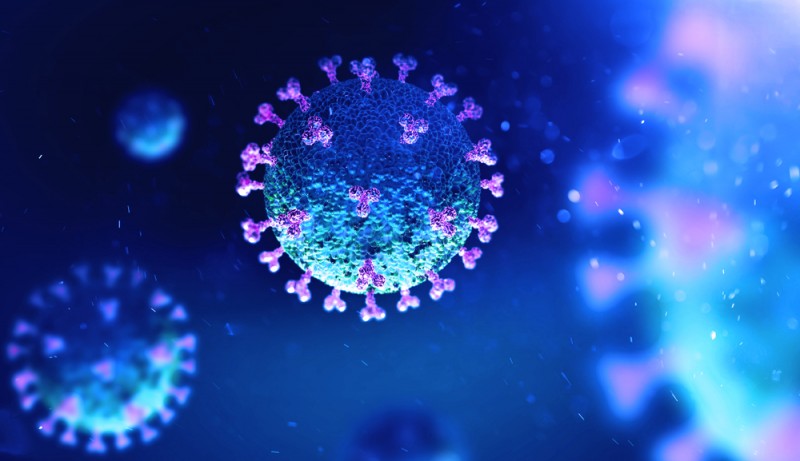
Staying up-to-date with the latest issues regarding the coronavirus disease (COVID-19) prepares you for your next move in case the inevitable happens. But, arming yourself with accurate information from the Australian government and the World Health Organisation (WHO) will protect you and your family until this crisis is over and everything is back to normal.
Here are the most common questions people ask about COVID-19 to help you in your day-to-day life.
COVID-19 and Its Symptoms
What are coronaviruses?
Coronaviruses are a group of viruses that cause all kinds of respiratory illnesses ranging from the common cold to more serious infections such as Severe Acute Respiratory Syndrome (SARS) and Middle East Respiratory Syndrome (MERS).
What is the coronavirus disease (COVID-19)?
The coronavirus disease or COVID-19 is a type of coronavirus which originated in Wuhan, a city in Hubei, China, and has been dubbed by the World Health Organisation (WHO) as a pandemic.
How does COVID-19 spread?
The disease is transmitted from person to person through droplets of saliva produced by sneezing or coughing. Once a person comes into contact with another person carrying the infection, there is a high likelihood of the former getting infected too. The virus can also be acquired by touching contaminated surfaces before touching any part of your face.
What are the symptoms of COVID-19?
The most common symptoms of COVID-19 are fever, dry cough, sore throat, tiredness, difficulty in breathing and even diarrhea among some patients. The common cold may be mistaken for COVID-19 as they share similar symptoms.
Who is more likely to get infected?
People with a travel history to countries where there are positive COVID-19 cases or who have been in close contact with someone who carries the infection.
Who is at higher risk of developing a serious illness?
According to the WHO, COVID-19 mostly affects the elderly, people with a weak immune system, and those with pre-existing medical conditions.
Prevention Measures for COVID-19
How can I prevent the spread of COVID-19?
Frequent washing of the hands with soap and water, using an alcohol-based hand sanitiser, covering your mouth when coughing and sneezing, and keeping your distance from others is the best way to protect yourself against the virus.
Should I get tested if I show symptoms of COVID-19?
Not everyone with the symptoms of COVID-19 is tested. Your doctor will only test you if you develop symptoms of a respiratory disease in the past 14 days since returning from overseas or coming into contact with an infected individual. People with pneumonia and healthcare workers who manifest symptoms are also tested.
What is social distancing?
It is one of the government's preventive measures to contain the virus. Social distancing requires everyone to maintain a distance of 1.5 metres from one another and limit public gatherings to two persons.
Do I need to wear a face mask to protect myself?
The Department of Health says people who are sick or healthcare workers who are constantly in close contact with them should wear a face mask. If you’re healthy, there’s no need to wear one.
What are the travel restrictions?
The government has advised everyone against non-essential travel and urged private companies to arrange a work-from-home scheme to keep people indoors.
Can I shop for food and other home essentials?
Everyone is allowed to shop for their groceries and other essentials. They can also go to the pharmacy, bank or shopping centres when the need for it arises provided they keep their distance from others.
Is it safe to send my children to school?
Schools in Australia remain open but it is up to the parents to decide whether or not to send their children to school.
We hope this information could alleviate any fears or concerns that you may have regarding our current situation due to COVID-19. For more information, you may visit www.health.gov.au.
|
Do you have a natural health & wellness business? |









